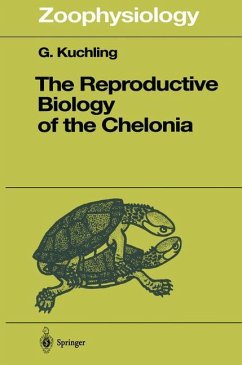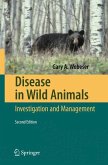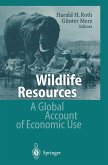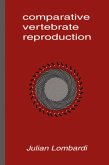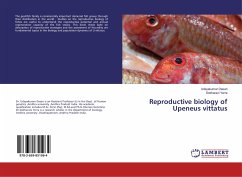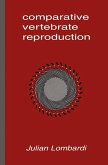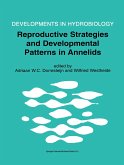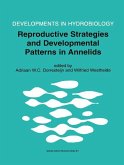I had the good fortune to first meet Gerald Kuchling in 1985 when attending a conference held at the CNRS research centre, the Centre d'Etudes Biologiques des Animaux Sauvages (CEBAS), which is a wonderful scientific field station tucked away in the Foret de Chize, not far from the southwest town of Niort in France. The topic of the meeting, which included many invited overseas scientists, was "Physiological Regulations as Adaptive Mechanisms", and it was superbly organised by Ivan Assenmacher and Jean Boissin who together edited the impor tant volume of papers published from the meeting. My stay in Chize was, unfor tunately, cut short as the wife of a very close colleague died on the night of the first day of the meeting and I had to return to Paris to assist with the funeral -but not before I had the chance to meet and talk with Gerald. He was presenting some of his work on a terrestrial tortoise (or turtle depending upon one's origins) - Testudo hermanni - a species that is now extremely rare in France but still relatively abundant in the then Yugoslavia. Gerald had been working in Yugoslavia, collecting blood samples from both males and females in an attempt to decipher details of its reproductive biology.

